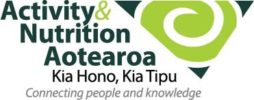30 Jan Reductions in sugar sales from soft drinks in the UK from 2015 to 2018
Action by the soft drinks industry to reduce sugar in products and change their product portfolios, coupled with changes in consumer purchasing, has led to a significant reduction in the volume of sugars sold in soft drinks in the UK with accelerated change noted after...

